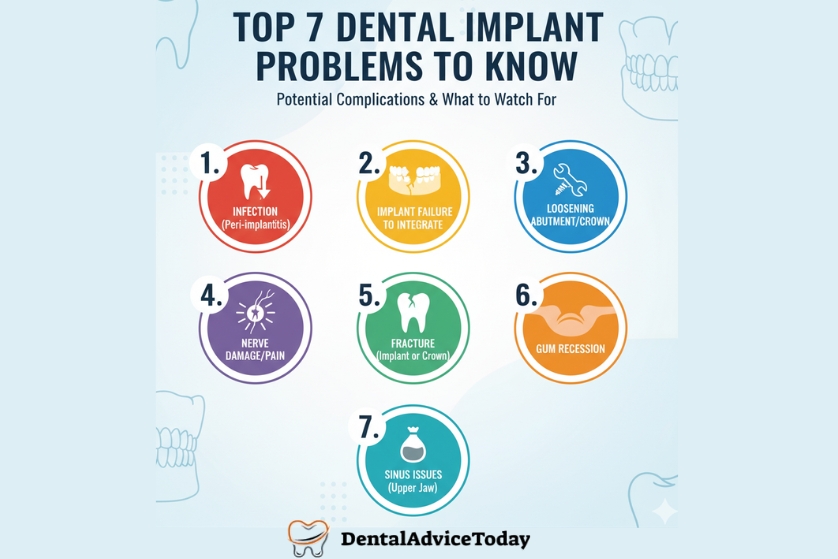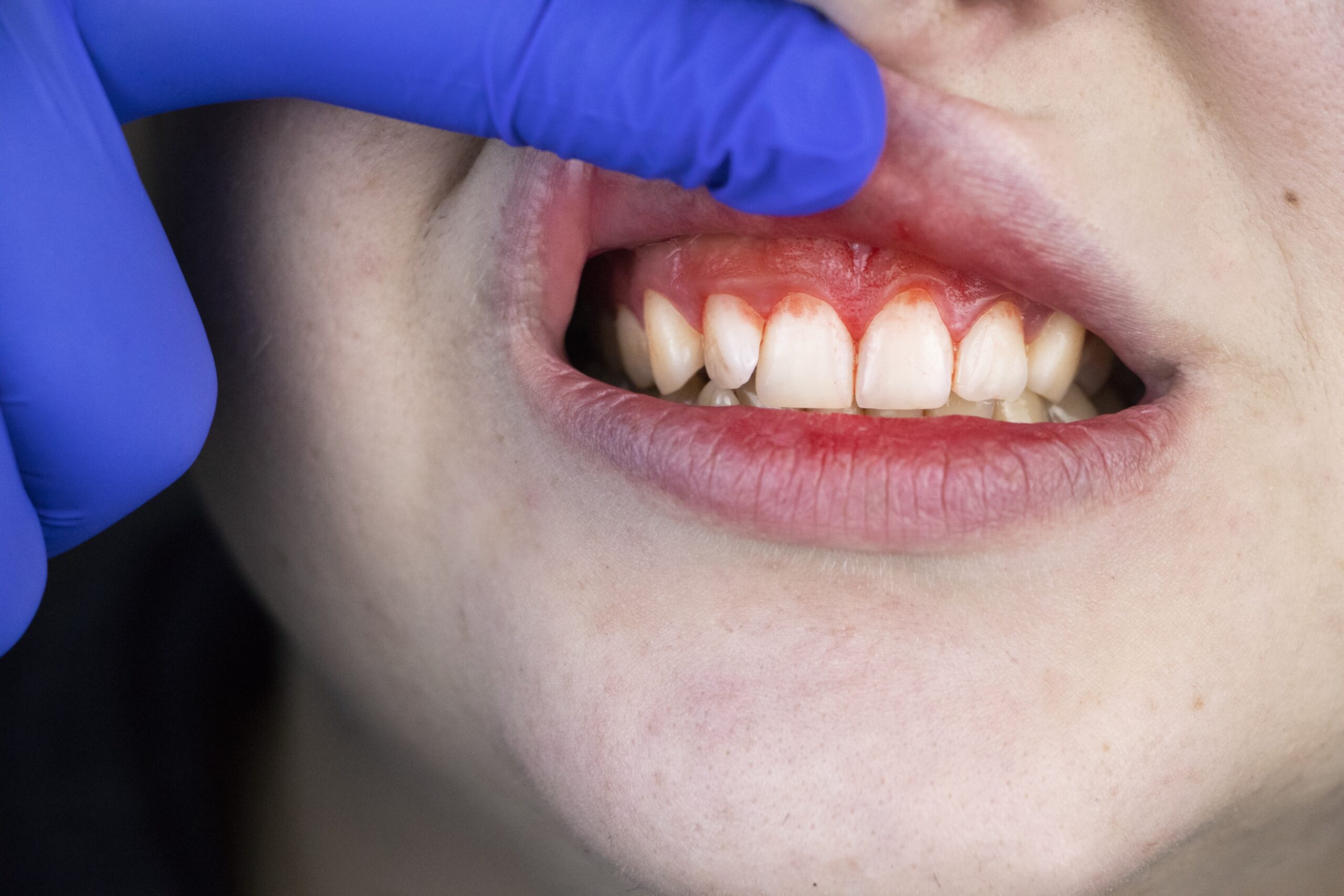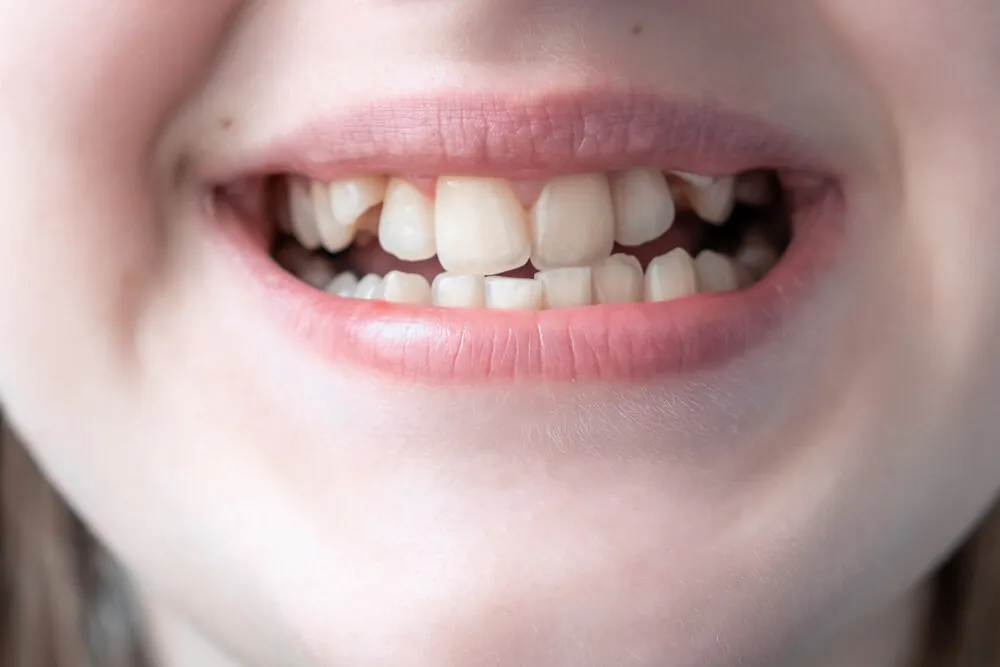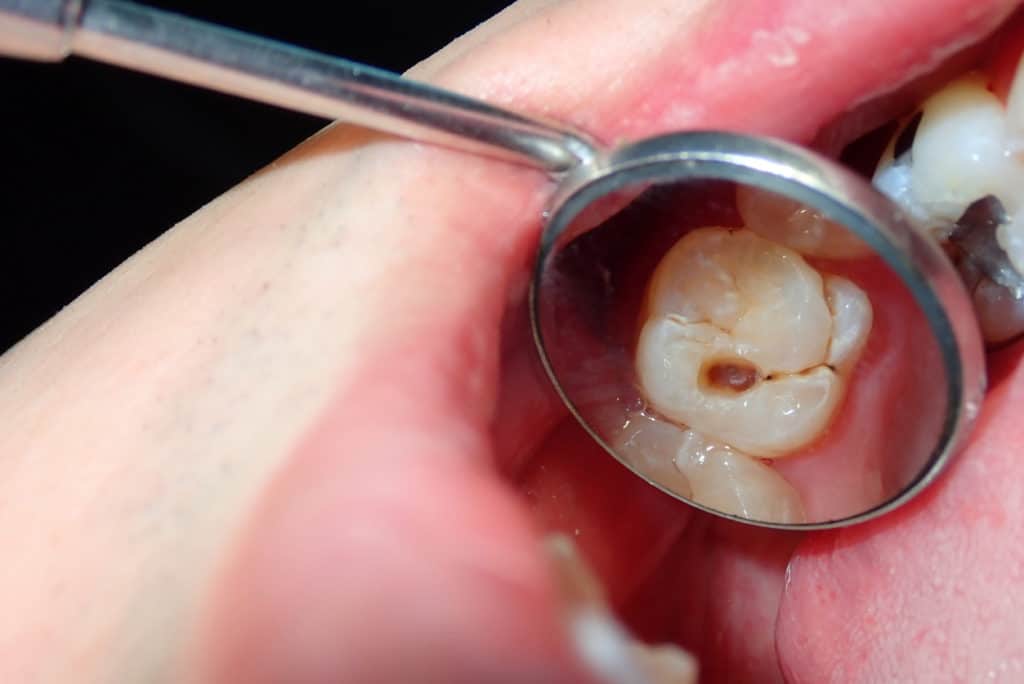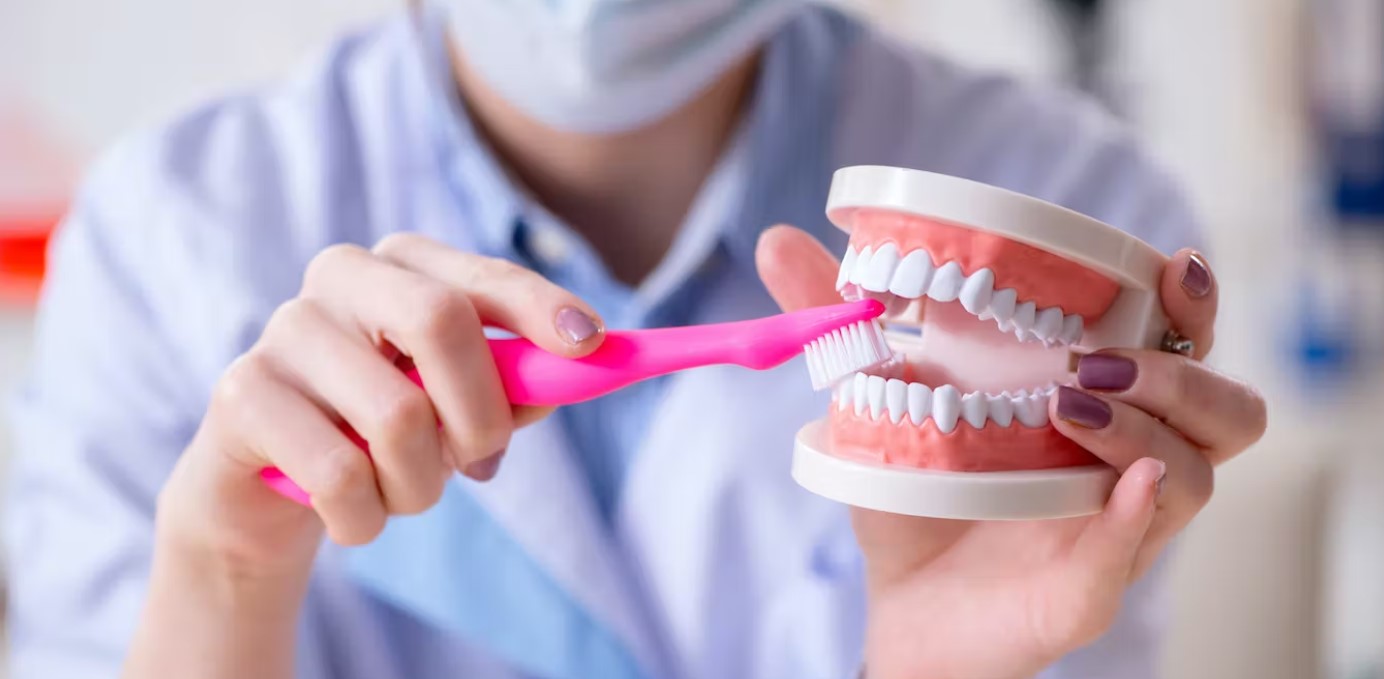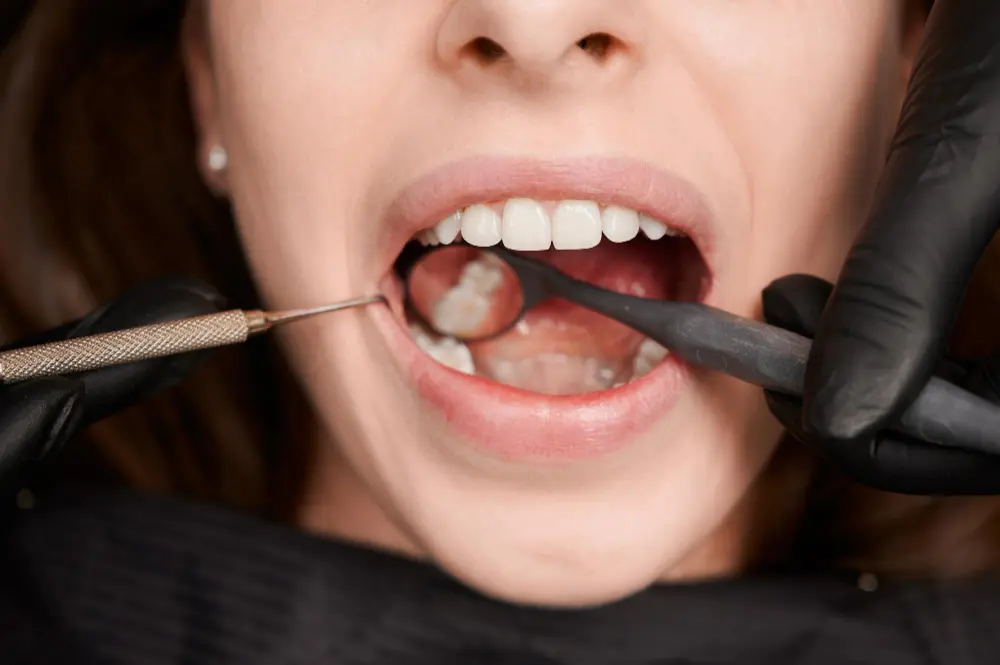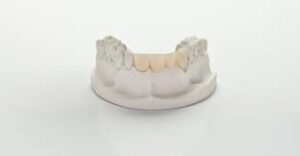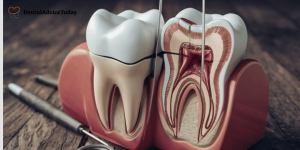The decision to use dental implants is usually a life changing move for any person who wants to regain his or her smile and chewing power. They are generally considered to be a very successful and long lasting remedy for missing teeth. Before any medical procedure it is really important to know its results and consequences. Being aware of these pitfalls can assist you in making a well-informed decision and be aware of what to look out for so that you can achieve the best possible result in terms of oral health. Awareness of dangers of a particular treatment will help you to take a better decision,in terms of your health.
How to Take Care of Your Dental Implants
1. The Threat of Dental Implant Infection
Peri-implantitis is a dental implant infection, which is one of the most severe and frequent problems that may occur with an implant. It is quite comparable to gum disease and is brought about by accumulation of bacteria around the implant. Gum disease has a very bad impact on overall health and may cause the bone and gum tissue that supports the implant to be destroyed. This issue is important to avoid in order to have a successful implant in the long run.
- What are the signs of an infection (peri-implantitis)?
One should be aware of the initial symptoms of infection. You can also observe redness and swelling in the area of the implant. You may experience bleeding during brushing or flossing or experience pain or discomfort in the area. A bad taste or pus must be felt by the person, that is the definite indication of infection. You should immediately contact your dentist in case you experience any of these symptoms. In this case you should immediately contact your dentist
- How is a dental implant infection treated?
Treatment of an infection is based on the severity of the infection. In case of minor infections, a professional cleaning of the implant and the gum line can be sufficient. A course of antibiotics can also be prescribed by the dentist. In more severe instances where the bone has been lost, surgery might be required to clean the area and attempt to replace the lost tissue. More successful and easier treatment is achieved through early detection.
2. When the Implant Fails to Integrate with the Bone
The basis of a successful dental implant is a procedure known as osseointegration, or when the titanium implant post becomes directly connected with your jawbone. This forms a powerful, firm anchor of the new tooth. This process however does not always work and results in a loose or unstable implant. This is one of the major dental implants issues that should be tackled.
- Why does osseointegration fail and what are the causes?
Osseointegration may fail due to a number of reasons. Poor bone quality or quantity is one of the most prevalent causes. Without sufficient healthy bone to start with, the implant might not be able to fuse. Others may involve smoking that limits blood circulation and retards healing or some medical conditions such as unmanaged diabetes. Excessive pressure on the implant immediately after surgery may also fail to allow the implant to heal properly. - What happens if your dental implant doesn’t fuse to the bone?
If the implant fails to integrate with the bone, it will be loose and unable to hold a crown. The implant has to be removed in this case. This may seem like a big blow, but it is not the end of the road. Once the area has healed, your dentist can examine your jawbone and they may recommend a bone graft to enhance the location before attempting to install a new implant. This demonstrates that the elimination of dental implant issues is not necessarily final.
3. The Pain of Nerve and Tissue Damage
Although it is not a widespread issue, one of the problems with dental implants may be the injury to the surrounding nerves or tissues. This is normally a problem with the position of the implant particularly in the lower jaw where a major nerve is found.
- How can a dental implant cause nerve damage?In case the dental implant is too near a nerve, nerve damage may take place. When the implant post touches or presses on the nerve during the surgery, it may lead to a number of sensations which are usually temporary but in some uncommon cases, permanent.This must be avoided through effective pre-operative planning through X-rays and scans.
- What are the symptoms and treatments for nerve damage after an implant? Nerve damage can have symptoms of numbness, tingling, or burning of the gums, lips, chin, or tongue. These sensations are self-limiting in minor cases of damage and fade away in a few weeks or months as the nerve regenerates. There is the need to remove an implant in more critical conditions to relieve the stress that has been applied on nerves. It is a highly delicate process and your dentist will make every effort to ensure that he or she gets the best solution for you.
4. What to Do About a Loose Dental Implant or Abutment
The loose feeling in the new tooth can also be a dental implant problem. One should find out whether the issue is in the implant itself or in its components.
- Why is my dental implant or crown feeling loose?
Two things can make a person feel loose. The most prevalent and easiest problem is a loose abutment or a crown. An abutment is what bonds the implant and the crown together and serves to fix it with a small screw. In some cases, this screw may become loose over the course of time as a result of chewing forces. The second and more severe cause is that the implant itself has failed and lost connection with the bone.
- Can a loose dental implant be saved or does it need to be removed?
Your dentist can normally tighten a loose abutment or a crown easily. It is a temporary solution and does not imply that the implant is malfunctioning. But if the whole implant is loose, it is an indication that it is not integrating with the bone and needs to be taken out. Although this is not good news, your dentist can explain to you whether a new implant can be installed after a healing period. This is one of the main issues when addressing the all in 4 dental implants problems or even permanent dental bridge problems.
5. Mechanical Issues with the Implant Crown or Bridge
After the implant has successfully healed, the focus shifts to the final restoration—the crown or dental bridge problems. While these are very durable, they are not immune to issues.
- Can a dental crown or bridge on an implant break or crack?
An implant-supported crown or bridge can be broken or cracked just like a natural tooth if it is exposed to excessive force. Dental crown problems may occur when one bites something very hard such as ice or hard candy. In case you grind or clench your teeth, this may also strain the restoration. A broken or cracked crown is normally required to be replaced.
Why does the screw in my dental implant come loose?
The screw that fixes the implant abutment and the crown may loosen with time. This occurs due to the continuous biting and chewing pressure. This is a typical issue with dental implants that is normally simple to resolve by a dentist merely by tightening the screw. In other instances, when the screw continues to loosen, it may be required to be replaced.
6. Sinus Complications After Upper Jaw Surgery
For implants placed in the upper jaw, especially toward the back, there is a specific anatomical concern: the sinus cavity. Dental problems can arise if the bone is not strong enough.
- Can dental implants cause sinus problems?
Yes, in case the upper jaw bone is thin, an implant inserted in the upper jaw may possibly protrude into the sinus cavity. This may lead to discomfort, pain and in other instances, an infection. This is a grave danger that dentists pay much attention to.
- How does a sinus lift prevent implant problems?
Sinus lift is a surgery that is commonly carried out prior to the insertion of an implant in the upper jaw. The surgeon opens the sinus membrane and inserts bone graft material into the site. This forms a more robust and dense bone base on the implant, which will not pierce the sinus and will raise the probability of a successful result.
7. Allergic Reactions and Material Concerns
The vast majority of dental implants are made from a material called titanium, which is known for its excellent biocompatibility. However, it is possible for a very small number of people to have an adverse reaction.
- Is it possible to have an allergic reaction to a dental implant?
Although this is very uncommon, an individual may react to titanium. The symptoms can be a rash, itching or inflammation of the gums surrounding the implant. In case this occurs, your dentist will collaborate with you to arrive at a solution, which can include the removal of the implant and the use of another material.
- What are the problems with Zirconia dental implants versus titanium?
The popularity of zirconia implants has been due to their tooth-like appearance, which is more aesthetic. It is an excellent alternative to those who are worried about the presence of metal in their mouth or those who are suspected to be allergic to titanium. Nevertheless, the issues with zirconia dental implants may also be a greater risk of fracturing due to the brittle nature of the material compared to titanium. The gold standard is still titanium, which is incredibly strong and has long-term success.
FAQs
How Painful is Dental Implant Surgery and Recovery?
Before dental implant surgery, local anesthesia is given to the patient; therefore, any type of pain cannot be felt. But the feeling of some discomfort, swelling, and bruising could be felt in the few days after the surgery. This is treatable using over-the-counter painkillers and cold compresses. The recovery is more comfortable for most people than a tooth extraction.
How Long Does it Take to Know If a Dental Implant has Failed?
It may take time to find out whether an implant has failed. Failure that occurs early i.e. failure of the process of osseointegration to occur, is normally realized in the first three to six months.
Can a Dental Implant be Removed and Replaced?
Yes, a failed dental implant could be removed. This is referred to as the elimination of dental implants issues. The area is left to heal after the removal..After the implanted site heals properly after removal and bone is back to its original healthy condition, a new implant is inserted.
What are the signs that my dental implant is failing?
Pain or sense of discomfort in the area of the implant is the most frequent symptom of a failing dental implant. You may also have swelling or redness of the gums, or the sensation that the implant is loose when you feel it. In case you have any of these symptoms, it is highly essential to call your dentist immediately.
